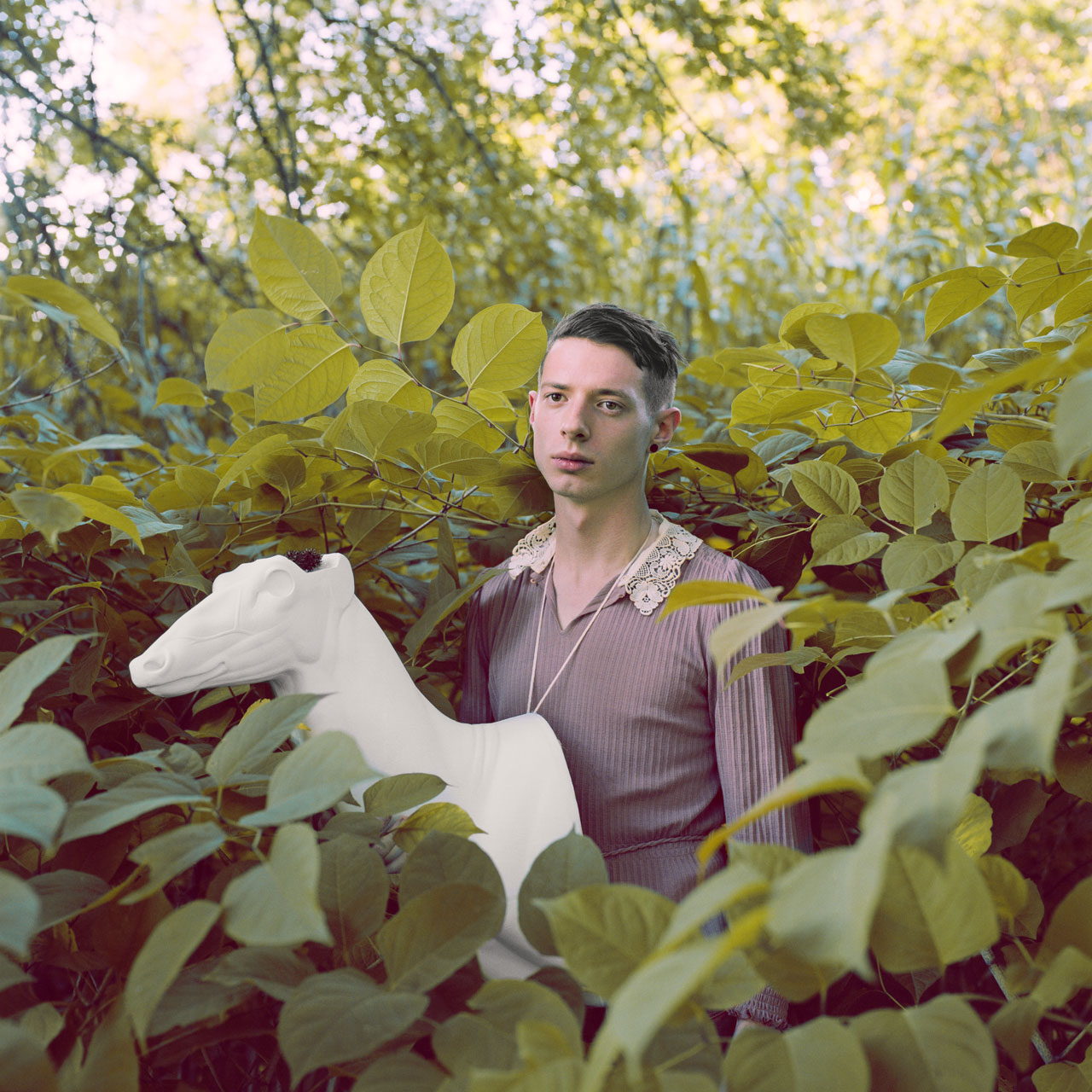
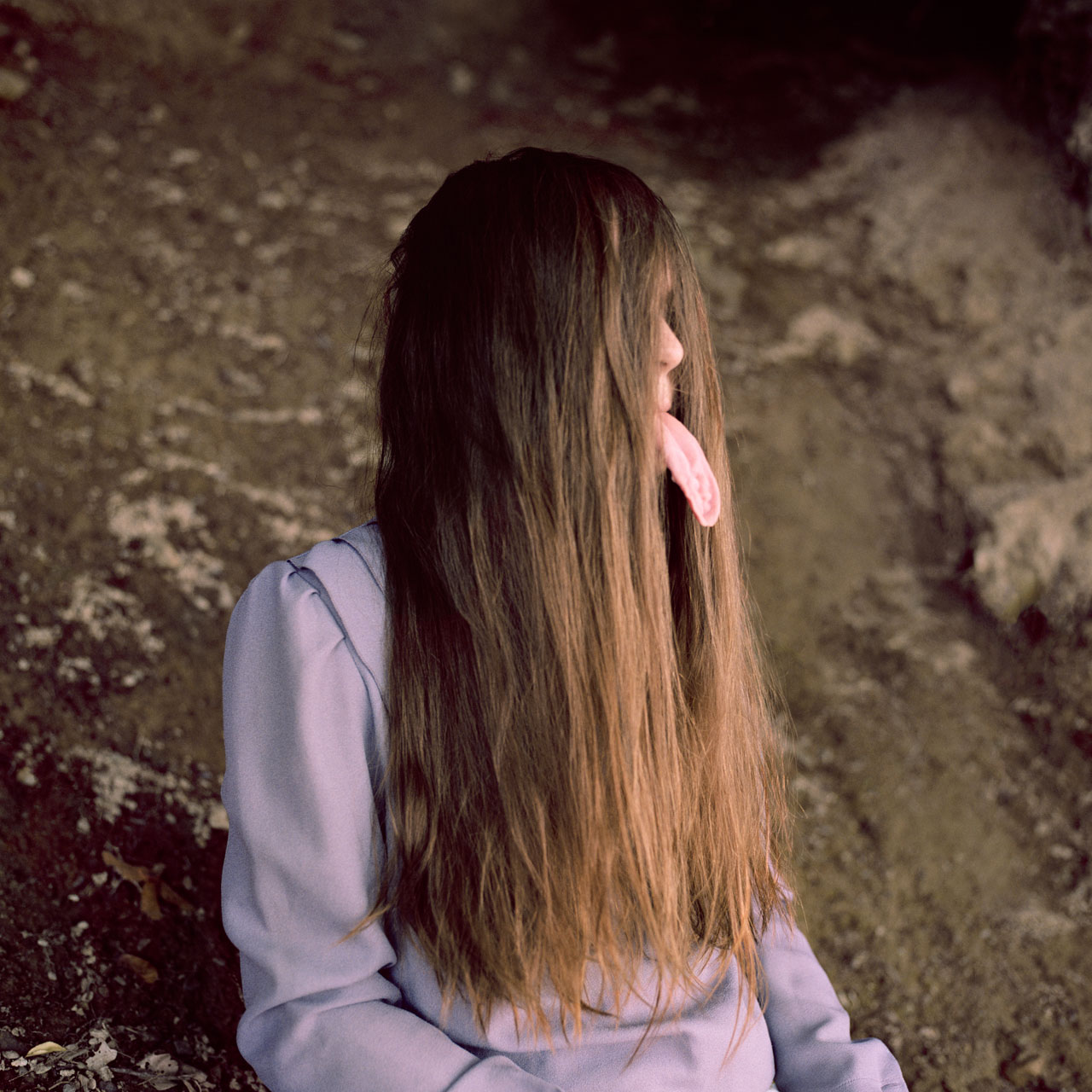
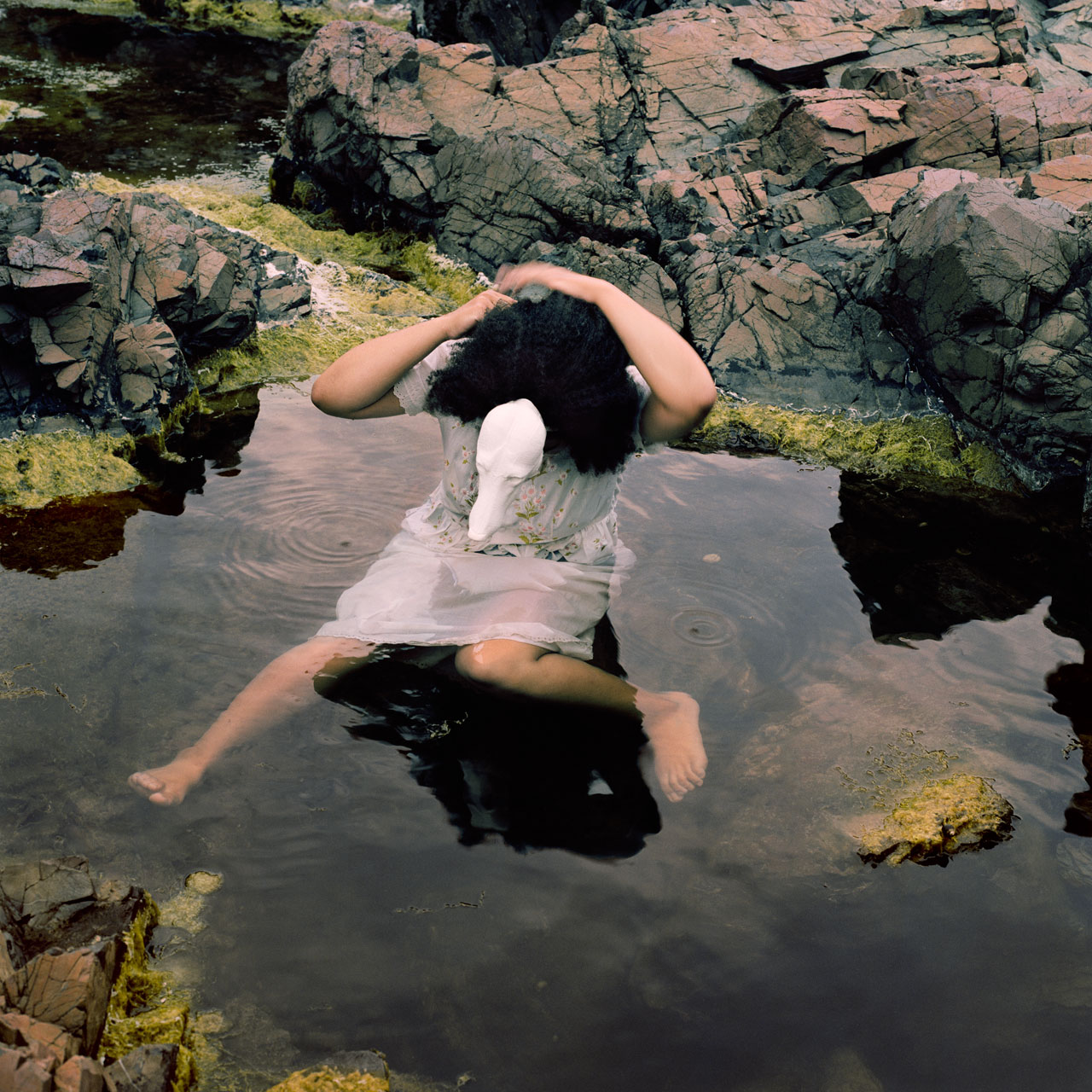
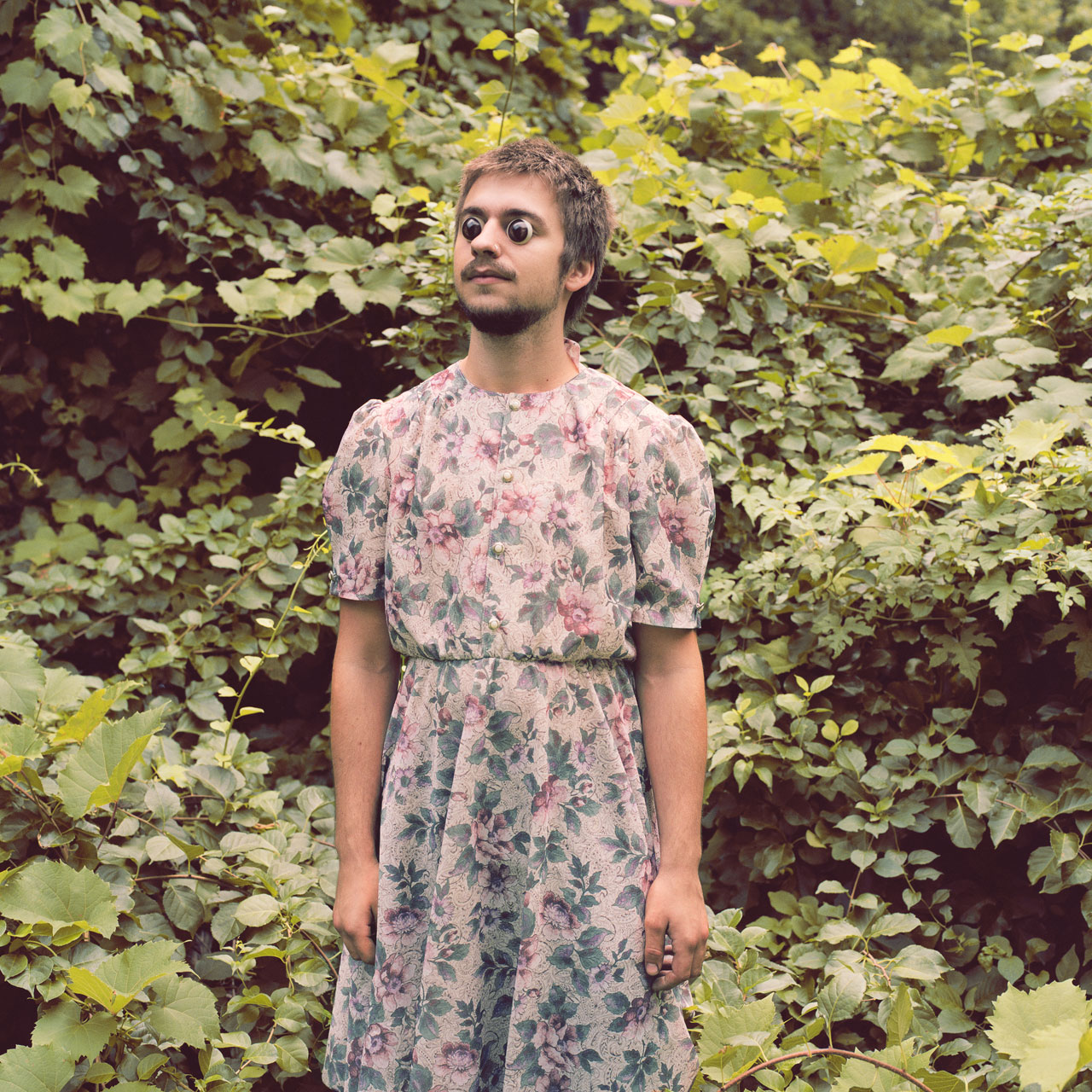
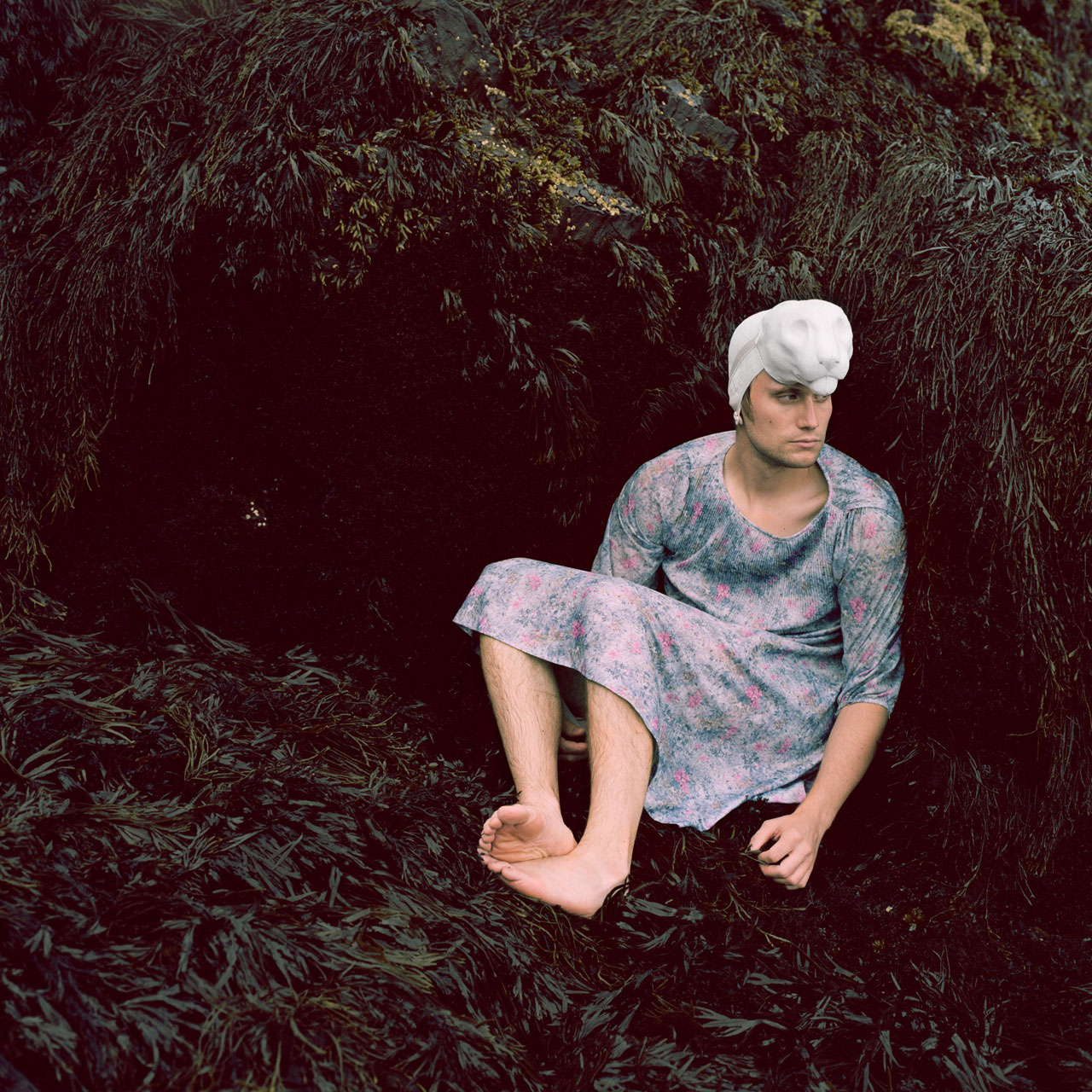
Concept
Sphinx: ‘Am I the first, God of Death, whom you’ve had to drag by the clothes? Anubis! My faithful dog! Listen: Since our faces are only shadows, I want you to give me your jackal’s head.’ – Jean Cocteau ‘La Machine infernale’, 1934. Not only the key character in Jean Cocteau’s surrealist adaptation of the Oedipus saga is the victim of an apparently predetermined fate: the Sphinx has become tired and questions not only its divine task of destroying the Thebans, but also the absurdity of its masquerade as a bringer of death. Taking a look at the original and the character in the Greek tragedy, it is initially defined by the dominance of an overpowering might such as divine fate that most often fatalistically burdens the main protagonist. Taking a closer look reveals that dual causality plays the most important role: the realisation of divine plans is only possible through human will – or, in other words, nothing ever happens unless man is involved in the process. Even the classical dramatists never fully excluded human responsibility for the fates. In Cocteau’s drama, however an absurd dialectic is defined in which even the gods are powerless and hopelessly face their own inevitable fate. In this collection, as in her earlier works, Nina Röder broaches the philosophical concept of determinism and, above all, the questions of (genetic-) predetermination , fate and free will. In her work ‘On being divine’, she resorts to images of the raw forms employed by taxidermists to illustrate the divine masquerade and simultaneously as a metaphor for her origins in southern Germany. Title: ‘On being divine‘ Year: 2012 Location: Boston / USA Medium: C-print Size: various sizes

